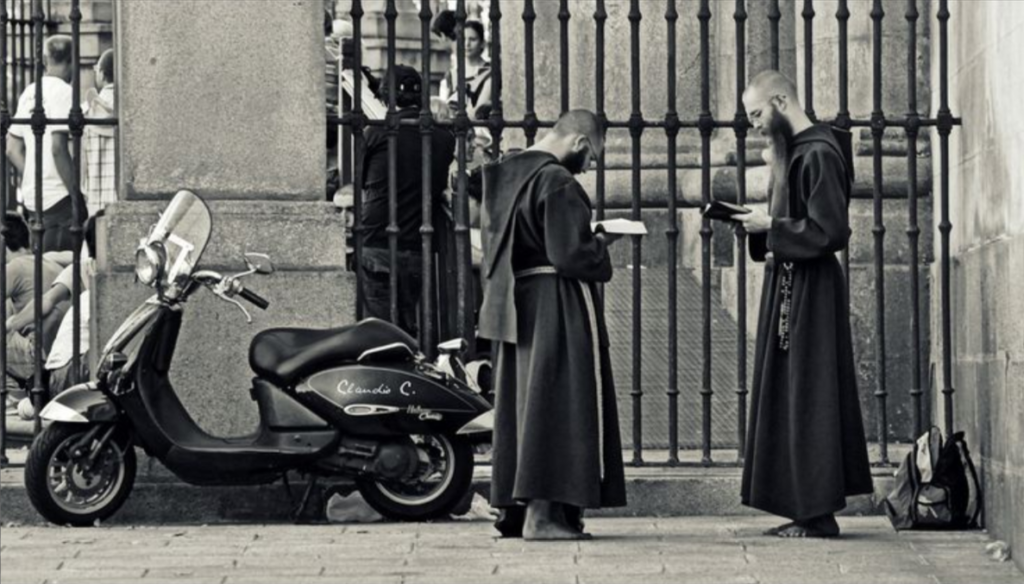People say: ‘O Lord, I wish that I stood as well with God and that I had as much devotion and peace with God as other people, and that I could be like them or could be as poor as they are.’ Or they say: ‘It never works for me unless I am in this or that particular place and do this or that particular thing. I must go to somewhere remote or live in a hermitage or a monastery.’
Truly, it is you who are the cause of this yourself, and nothing else. It is your own self-will, even if you don’t know it or this doesn’t seem to you to be the case. The lack of peace that you feel can only come from your own self-will, whether you are aware of this or not. Whatever we think — that we should avoid certain things and seek out others, whether these be places or people, particular forms of devotion, this group of people or this kind of activity — these are not to blame for the fact that you are held back by devotional practices and by things; rather it is you as you exist in these things who hold yourself back, for you do not stand in the proper relation to them.
Start with yourself therefore and take leave of yourself. Truly, if you do not depart from yourself, then wherever you take refuge, you will find obstacles and unrest, wherever it may be. Those who seek peace in external things, whether in places or devotional practices, people or works, in withdrawal from the world or poverty or self-abasement: however great these things may be or whatever their character, they are still nothing at all and cannot be the source of peace. Those who seek in this way, seek wrongly, and the farther they range, the less they find what they are looking for. They proceed like someone who has lost their way: the farther they go, the more lost they become. But what then should they do? First of all, they should renounce themselves, and then they will have renounced all things. Truly, if someone were to renounce a kingdom or the whole world while still holding on to themselves, then they would have renounced nothing at all. And indeed, if someone renounces themselves, then whatever they might keep, whether it be a kingdom or honor or whatever it may be, they will still have renounced all things.







Recent Comments